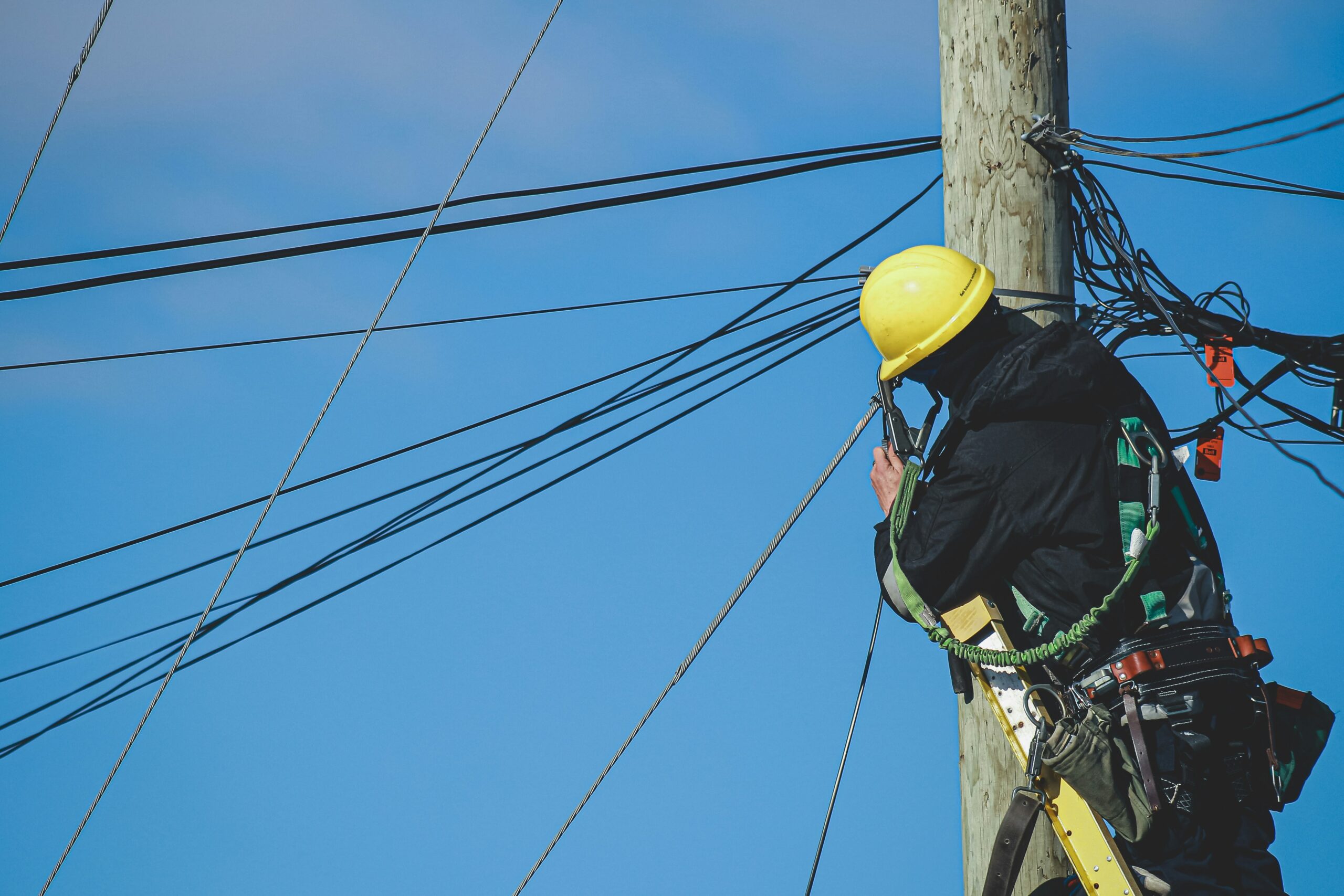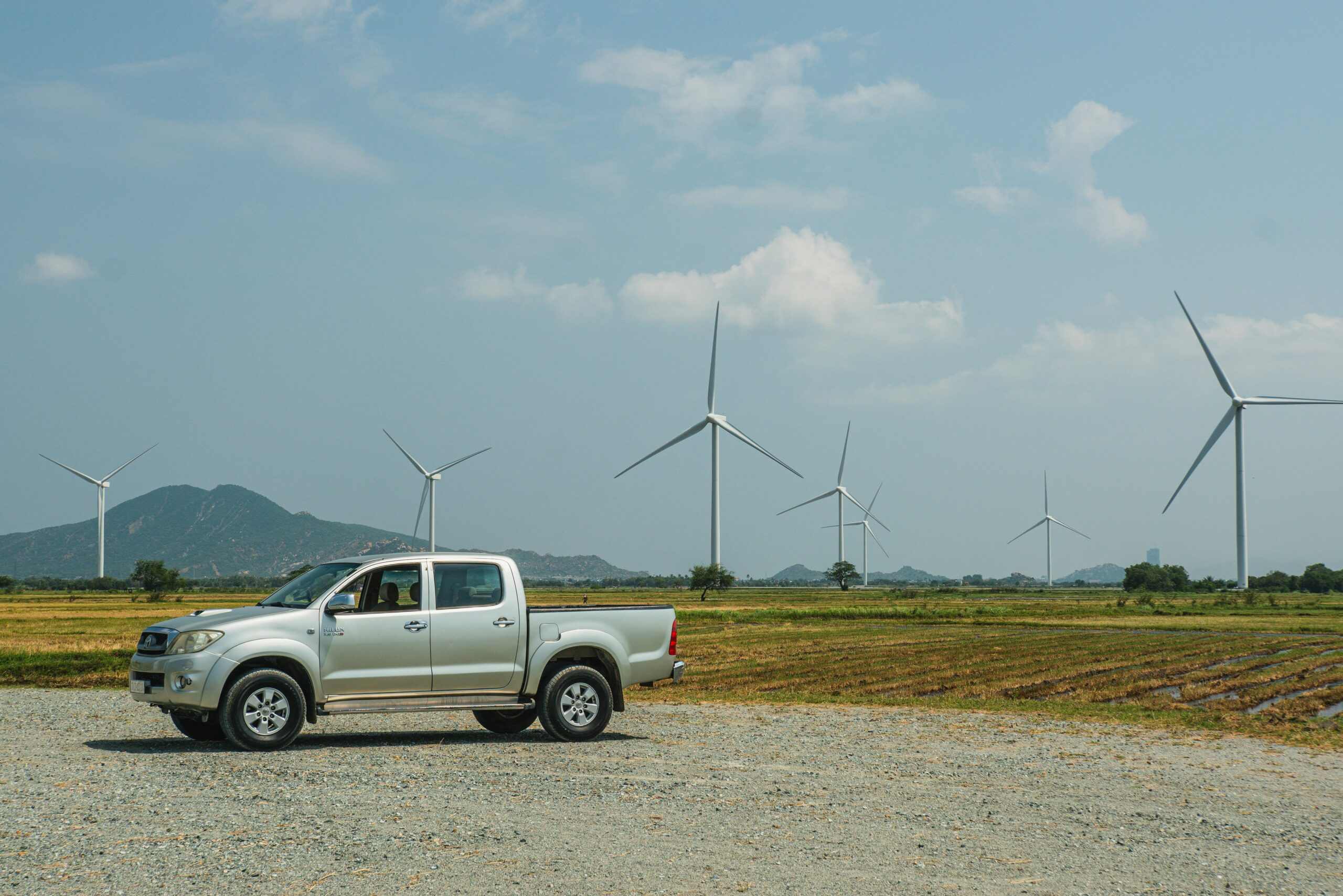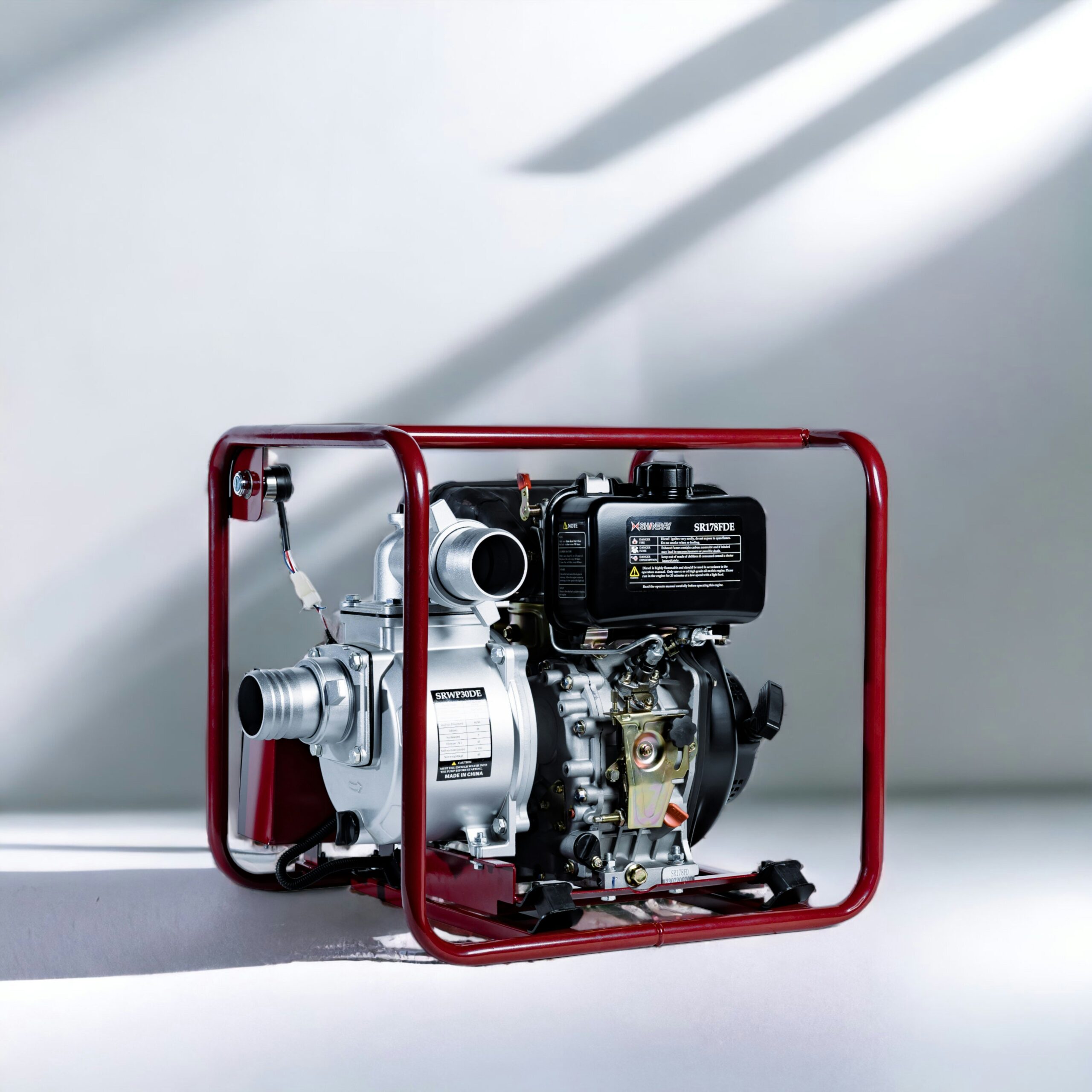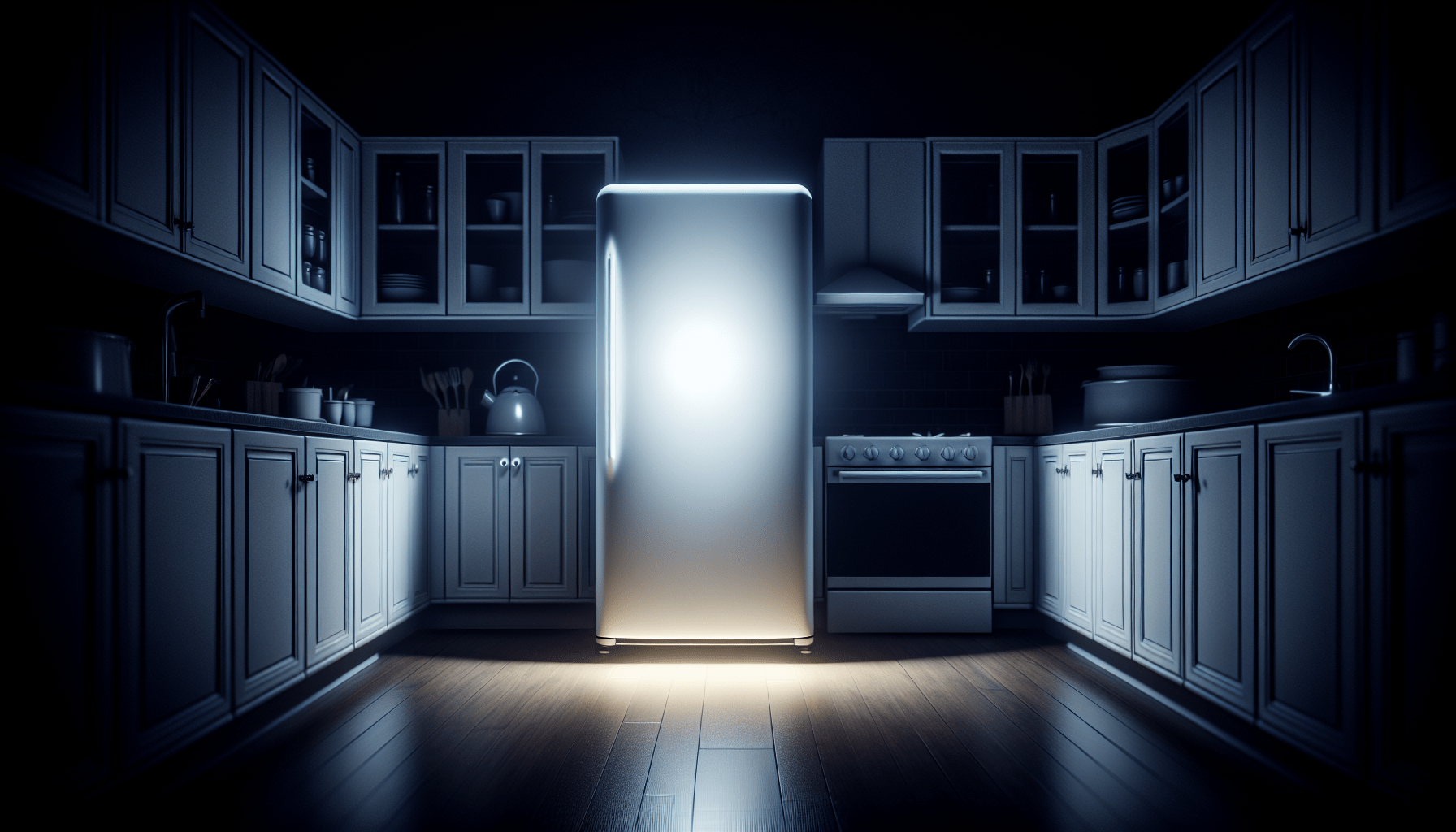In the article “Can A Home Power Backup Prevent Food Spoilage During A Blackout?” you’ll discover how a reliable home power backup system can be a game-changer for preserving your groceries when the unexpected occurs. Picture this: the electricity cuts out during a storm, leaving your fridge and freezer powerless. With a home power backup in place, you’ll ensure that your perishable items remain fresh, saving you from the frustration and financial loss of spoiled food. Dive into this read to find out how you can safeguard your pantry and peace of mind during any power outage.
Can A Home Power Backup Prevent Food Spoilage During A Blackout?
Have you ever found yourself in the middle of a blackout, wondering what will happen to all the food in your refrigerator and freezer? Blackouts can be a real headache, especially when they lead to food spoilage and wastage. But can a home power backup system prevent this from happening? Let’s delve into the details and find out how you can protect your food and avoid the worry during those unexpected power outages.

What is a Home Power Backup System?
A home power backup system is essentially a secondary power source designed to provide electricity when your main power supply fails. These systems come in various forms, including generators, battery storage systems, and even solar power solutions. But how effective are these systems in keeping your food fresh?
Types of Home Power Backup Systems
There are several types of home power backup systems, each with their own advantages and limitations. Here’s a quick breakdown:
| Type | Description | Pros | Cons |
|---|---|---|---|
| Generators | Traditional fuel-powered systems | Reliable, widely available, powerful | Needs fuel, noise pollution, maintenance |
| Battery Storage | Battery units charged via grid or solar | Quiet, low maintenance, eco-friendly | Limited capacity, initial cost |
| Solar Power | Solar panels with battery storage | Sustainable, renewable, low operating cost | Weather dependent, initial cost |
Understanding the nuances of each system can help you make an informed decision about which type is best suited for your needs.
How Can Backup Power Protect Your Food?
The primary function of a power backup system during a blackout is to keep essential appliances running, and your refrigerator and freezer are usually at the top of this list. But how long can a backup system keep your food from spoiling, and what should you consider?
Critical Factors to Consider
- Power Capacity: How much power does the backup system store or generate, and how long can it run your refrigerator and freezer?
- Runtime: Depending on the system you choose, how many hours or days can it provide power without interruption?
- Automatic vs. Manual Switch: Some systems switch on automatically during a blackout, while others need to be manually activated.
Let’s break this down further to understand how these factors play a role in preventing food spoilage.
Power Capacity: How Much is Enough?
The power required to keep your fridge and freezer running can vary widely depending on their size, efficiency, and age. To figure out how much power you need, take a look at the wattage and power consumption information provided by the manufacturer.
Calculating Your Power Needs
Here’s a simple way to calculate how much power you’ll need:
- Identify the Wattage: Check the appliance’s label or manual for its wattage.
- Estimate Daily Usage: Multiply the wattage by the number of hours the appliance runs each day.
- Add Additional Load: Don’t forget other essential appliances you might need to run.
For example:
| Appliance | Wattage (W) | Hours per Day | Daily Consumption (Wh) |
|---|---|---|---|
| Refrigerator | 150 | 24 | 3,600 |
| Freezer | 200 | 24 | 4,800 |
| Essential lighting | 60 | 5 | 300 |
| Total | – | – | 8,700 |
In this example, you would need a backup power system that could provide at least 8,700 watt-hours (Wh) per day.
Practical Power Solutions
- Generators: Can typically offer several kilowatts of power, enough to run multiple appliances for days as long as you have fuel.
- Battery Storage: Capacity ranges widely but often provides enough power for several hours to a full day.
- Solar Power: Dependent on the size of the solar panel system and battery storage. Can be very effective if appropriately sized and weather conditions are favorable.
How Long Can Backup Power Keep Your Food Safe?
The goal during a power outage is to maintain the right temperatures in your refrigerator and freezer to keep food safe:
- Refrigerator: Should be kept below 40°F (4°C)
- Freezer: Should be kept at 0°F (-18°C) or lower
Without power, a fully stocked freezer can keep food frozen for about 48 hours, while a half-full freezer can last approximately 24 hours. A refrigerator can keep food cold for about 4 hours if unopened.
Backup System Runtime
- Generators: Depending on the fuel type and tank size, a generator can typically run from several hours up to days.
- Battery Storage: Depending on capacity, can vary from a couple of hours to a day or more. Larger systems offer more extended runtimes.
- Solar Power: With sufficient sunlight and battery storage, it can potentially provide continuous power.

Automatic vs. Manual Switch: The Convenience Factor
Automatic Transfer Switches
Automatic transfer switches (ATS) ensure an almost seamless transition to backup power. When the main power supply fails, the ATS detects the outage and automatically switches to the backup system. This is especially useful if you are not at home to manually activate the system.
Manual Transfer Switches
Manual transfer switches require you to be present to activate the backup power system during a blackout. While often less expensive than ATS, they do require your intervention, which might not always be convenient.
Practical Tips to Prevent Food Spoilage
Even with a backup power system, following these tips can help maximize its effectiveness and minimize food spoilage:
- Keep Doors Closed: Limit how often you open refrigerator and freezer doors to maintain the internal temperature.
- Use Thermometers: Keep appliance thermometers in your fridge and freezer to monitor temperature changes.
- Freeze Water Containers: Placing frozen water containers in the refrigerator can help keep it cool longer.
- Prioritize Foods: Keep a list of high-priority items to consume first if power isn’t restored quickly.
Refrigeration Tip Table
| Tip | Description |
|---|---|
| Keep Doors Closed | Every time you open the door, cold air escapes, raising the temperature inside. |
| Use Thermometers | Monitor to ensure food stays within safe temperature ranges. |
| Freeze Water Containers | Acts as a temporary cooling agent in refrigerators to maintain low temperatures. |
| Prioritize Foods | Consuming perishable goods first minimizes potential food waste. |

Long-Term Considerations: Choosing the Right System
When considering a home power backup system, think about your long-term needs and budget:
Generators
- Pros: High power output, reliable, can run for extended periods.
- Cons: Requires fuel, can be noisy, needs regular maintenance.
Battery Storage Systems
- Pros: Quiet, low maintenance, eco-friendly.
- Cons: Limited runtime depending on capacity, higher initial cost.
Solar Power Systems
- Pros: Renewable energy source, low operating cost, scalable.
- Cons: Weather dependent, high initial cost, requires sufficient space for panels.
Financial Considerations
Investing in a backup power system involves a considerable upfront cost but can save you money in the long run by preventing food spoilage and other potential losses during extended blackouts. Additionally, some systems, like solar panels, may be eligible for tax incentives or rebates, helping offset the initial cost.
Cost Comparison Table
| Type of System | Initial Cost | Operating Cost | Maintenance | Lifespan |
|---|---|---|---|---|
| Generators | $500 – $5,000+ | High (fuel cost) | Moderate to High | 10-15 years |
| Battery Storage | $2,000 – $15,000+ | Low | Low | 5-15 years |
| Solar Power | $10,000 – $30,000+ | Very Low | Low | 20-25 years |

Environmental Impact
A home power backup system can also have an environmental impact. Generators, which typically run on gasoline, diesel, or propane, emit pollutants and contribute to noise pollution. On the other hand, battery storage and solar power systems are much more environmentally friendly, producing little to no emissions.
Environmental Impact Table
| Type of System | Emissions | Noise Pollution | Sustainability |
|---|---|---|---|
| Generators | High (fossil fuels) | High | Non-renewable |
| Battery Storage | None | Low | Renewable |
| Solar Power | None | Low | Highly Renewable |
Conclusion: Is a Home Power Backup Worth It?
So, can a home power backup system prevent food spoilage during a blackout? Absolutely. By providing a steady source of power to keep your refrigerator and freezer running, these systems can save you the hassle and expense of dealing with spoiled food. While the initial investment might seem steep, the long-term benefits, including peace of mind, convenience, and cost savings, make it a worthy consideration.
Final Thoughts
Choosing the right backup power system for your needs depends on a variety of factors, including power requirements, budget, environmental considerations, and personal preferences. Whether you opt for a generator, battery storage, or a solar power system, having a reliable backup can make all the difference during those unexpected blackouts. So, weigh your options, consider your specific needs, and take the steps to protect your home—and your food—from power outages.


